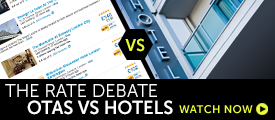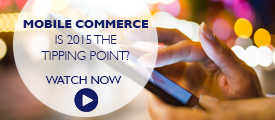Rate parity agreements, which have allowed OTAs to match any low price openly offered on hotel sites, have recently been a sore point between OTAs and hoteliers.
This year, regulators across Europe have been scrutinizing these clauses. In July, France passed a law banning rate parity. Before this in January, a German Court upheld a 2013 decision to stop an OTA using a ‘best price’ clause.
This briefing offers a variety of perspectives on the OTA/hotel relationship:
Regulators who have been looking at these agreements include the Competition and Markets Authority in the UK, as well as Competition Authorities in France, Italy and Sweden.
In 2013 in Germany the OTA Hotel Reservation Service was stopped from applying a rate parity clause on the grounds that it restricted competition and did not benefit the consumer.
One way hotels have been able to get round these clauses is by offering discount to loyalty members. Ibis hotels is currently advertising that its website prices are 5% cheaper than anywhere else, but reading the small print, this is only if you have a membership card.
The British Hospitality Association has supported the decisions in France and Germany and has encouraged the UK government to follow suit.
They have argued that rate parity is unfair because, according to BHA, when an OTA matches a low room rate it is also taking up to 35% of the rate as commission. The organisation say agreements between hotels and OTA’s are, “too costly and one sided at this point.”
This Summer Expedia and Booking.com both announced pan-European changes to their agreements with hotel partners.
These agreements can work both ways, and stop OTAs offering reduced rates, and can also apply to other distribution partners such as high street travel agents.
There is still debate as to how much the removal of rate parity clauses will ultimately affect the enormous power of the OTAs.
If you’ve been sent to this page and you’re not yet on the circulation list to receive these regular briefings and you would like to sign up, you can do see here. It’s free.
Video clips produced by ybc.tv for the Hospitality Channel, including interview from industry conferences such as the IHIF conference as well as specific Hospitality Channel shoots.

